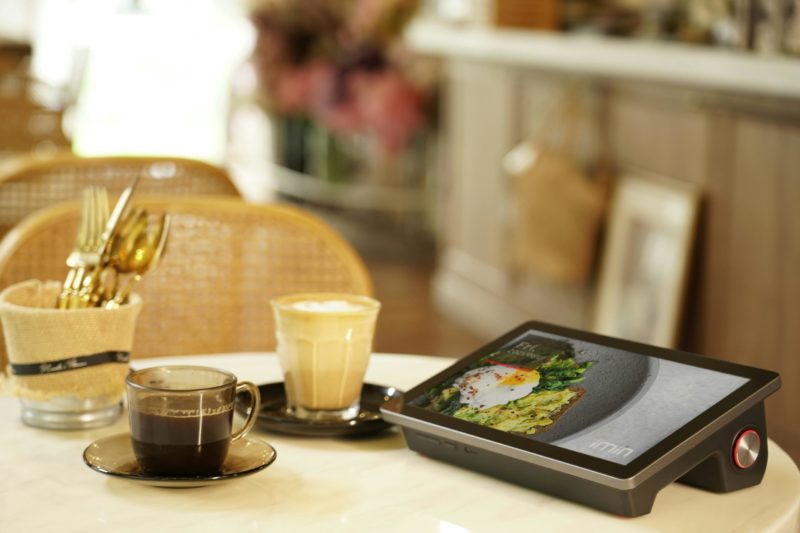As labour costs remain one of the most significant ongoing expenses in the Australian and New Zealand hospitality sectors, it’s no surprise that technology is playing a critical role in reshaping operations. New retail designs and hospitality developments must now account for these emerging tech trends—not only to remain competitive but to create more sustainable, efficient, and consumer-centric experiences.
Here are seven technology trends that are currently shaping food and beverage businesses across Australia and New Zealand:
1. Internet of Things (IoT)
IoT technology is making its mark across all facets of the food and beverage industry. From smart refrigeration systems to connected kitchen equipment, IoT-enabled devices can monitor temperature, humidity, energy usage and more in real-time. This enables better traceability, improved efficiency, and stronger quality control throughout production and storage.
2. Blockchain for Transparency and Trust
Blockchain is no longer just a buzzword—it’s helping food businesses build greater transparency in their supply chains. This secure, tamper-proof digital ledger allows producers, distributors, and consumers to trace the journey of food products from farm to plate, verifying authenticity, sourcing, and safety.
3. Artificial Intelligence and Machine Learning
AI and machine learning are revolutionising hospitality by offering predictive insights and automation. From forecasting inventory needs to analysing customer behaviour, these technologies enhance everything from menu personalisation to pricing strategy and waste reduction—boosting profitability and customer satisfaction alike.
4. Robotics and Automation
Automation is redefining labour across the hospitality sector. Robotic kitchen assistants, automated baristas, and self-service kiosks are just a few examples. These technologies can improve speed, accuracy, consistency, and hygiene—particularly in high-volume environments—while also reducing reliance on manual labour.
5. Advanced Food Safety Technology
Food safety remains paramount, and technology is helping businesses meet higher standards. Smart sensors and cloud-based monitoring systems now detect spoilage, contamination risks, and equipment failures in real time—minimising risk and ensuring compliance with strict food safety protocols.
6. Augmented and Virtual Reality (AR & VR)
AR and VR technologies are being adopted to elevate the consumer experience. Whether it’s through virtual menu previews, interactive product storytelling, or immersive brand experiences in-store or online, these technologies can spark engagement and drive purchase decisions in innovative ways.
7. Smart Devices and Personalised Nutrition
As consumers become more health-conscious, personalised nutrition is emerging as a key area of growth. Smart kitchen appliances, mobile health apps, and wearable tech now allow individuals to track their dietary intake, receive personalised meal suggestions, and make informed food choices based on real-time data.
Staying Ahead in a Rapidly Changing Industry
The integration of these technologies isn’t just about modernisation—it’s about future-proofing your hospitality venture. Whether you’re developing a new venue, upgrading operations, or reimagining the guest experience, understanding and adopting these trends can give your business a critical edge.
Need expert support to integrate the right technologies into your food and beverage strategy?
The team at Alto Cibum are specialists in food and hospitality strategy for businesses and developers. Reach out today to start a conversation.


